The many faces of Vladimir Putin
How the Russian president went from liberal reformer to ruthless warmonger
A free daily email with the biggest news stories of the day – and the best features from TheWeek.com
You are now subscribed
Your newsletter sign-up was successful
Over the past two decades, the Vladimir Putin who took office on 7 May 2000 has evolved from a virtually unknown politician to the world’s most-watched man.
Here’s a look back at how the president’s leadership has evolved and shifted during his 22 years at the helm of Russian politics.
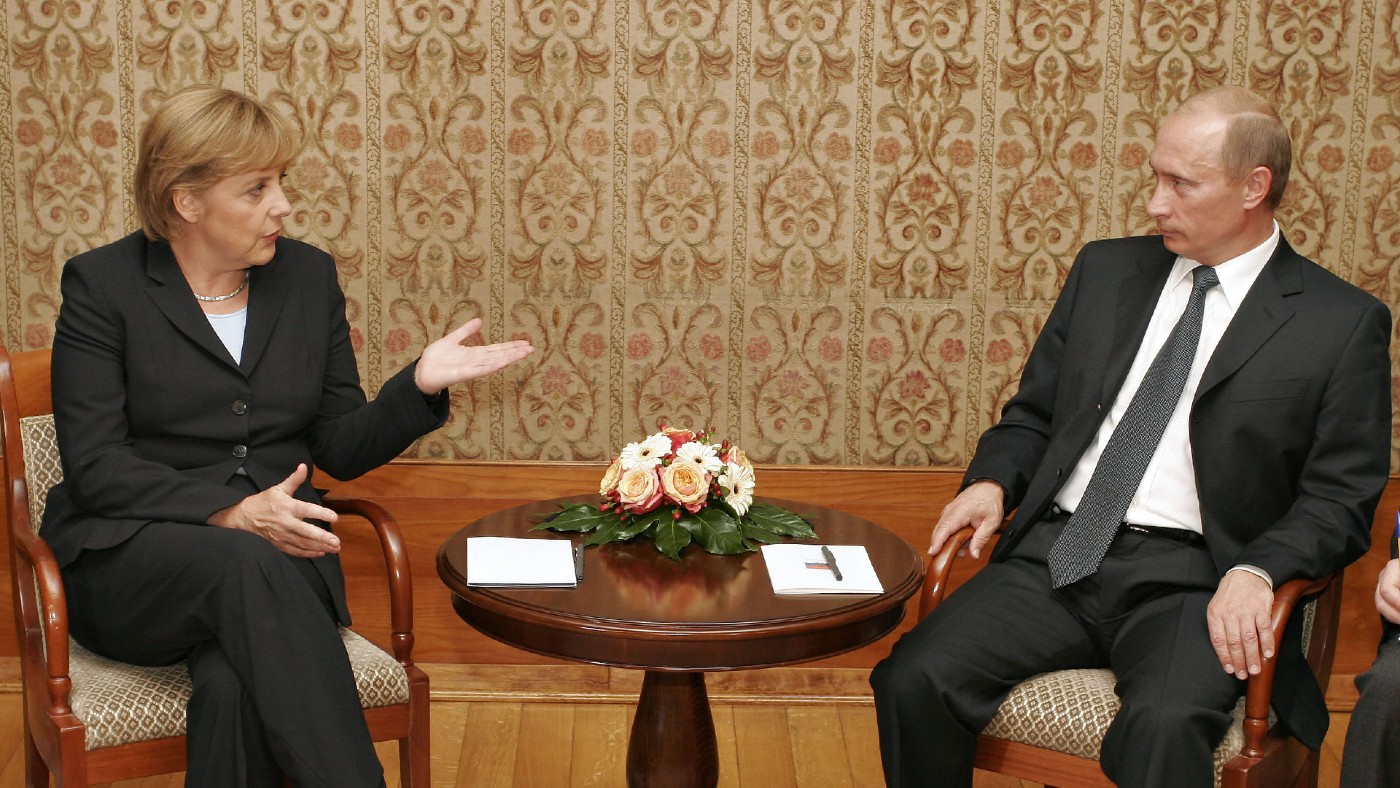
Liberal reformer
In March 2000 Putin, who was acting president at the time following Boris Yeltsin’s sudden resignation on new year’s eve 1999, described Russia as “part of the European culture” in an interview with the BBC’s David Frost three weeks before the general election.
“I cannot imagine my own country in isolation from Europe and what we often call the civilised world,” he said, in what was his first television appearance with a foreign journalist since entering the Kremlin.
When asked by Frost whether he saw Nato as a potential partner, rival or enemy, Putin said it was “hard” to “visualise Nato as an enemy” and that he felt the question was “capable of causing damage”.
“Russia strives for equitable and candid relations with its partners,” he said.
Putin even went as far as to suggest that Russia could one day join Nato. “I would not rule out such a possibility,” he said, adding “but only when Russia’s views are taken into account as those of an equal partner”.
In Putin’s early years as president he “surrounded himself with advisers and experts who gave him diverse views and interpretations of the world” and was in touch with foreign leaders whose views he actually listened to, said Andreas Kluth on Bloomberg. “By all appearances, he was in touch with reality.”
This period, which lasted until around 2006-7, is referred to as “diet Putinism”, characterised by the president’s liberal economic reforms, agnostic attitude towards Nato and relatively good relations with the United States. This was certainly the case post 9/11 when Putin supported Washington’s invasion of Afghanistan “in ways that would have been inconceivable during the Cold War”, said Reuters.
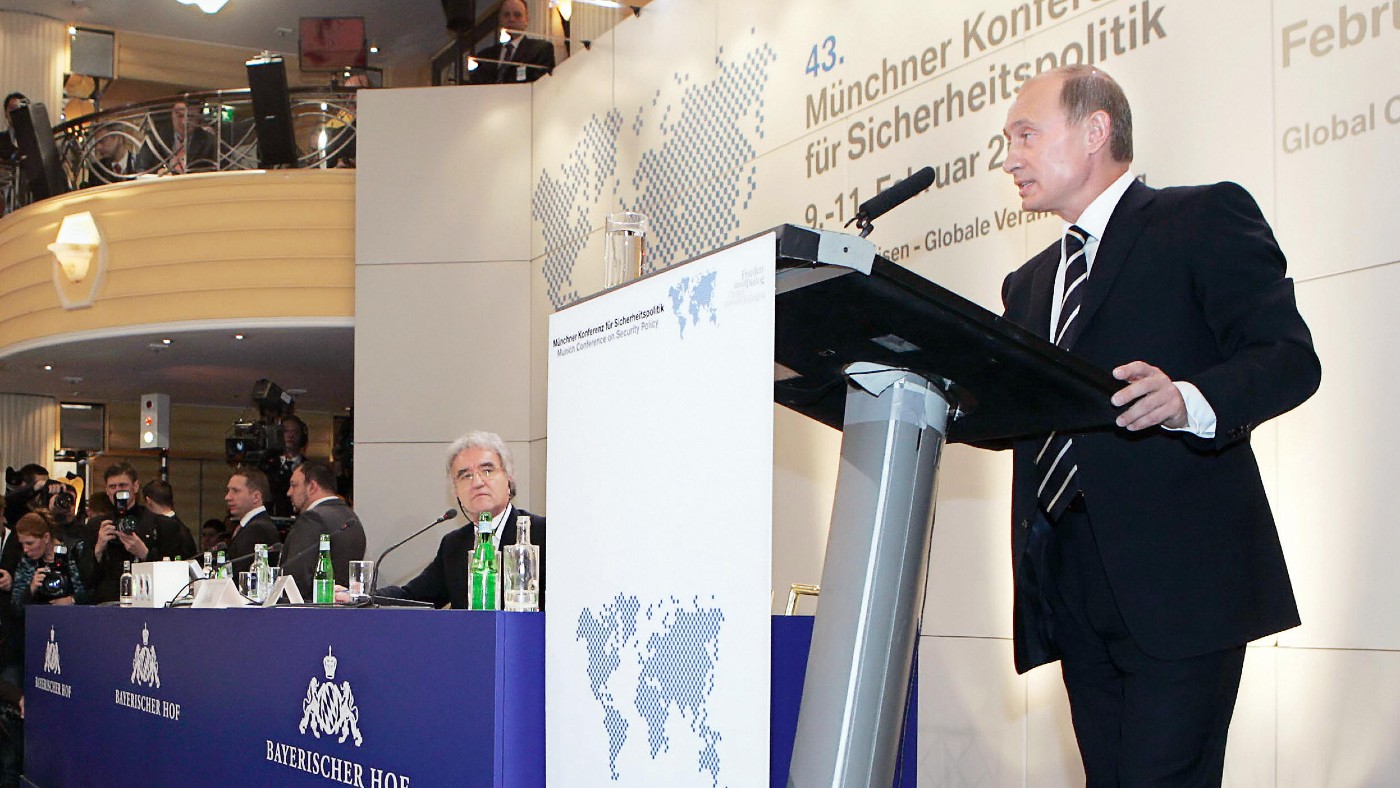
Opponent of Nato
Putin’s relatively open-minded attitude towards Nato didn’t last long. When the alliance opened its doors to former Warsaw Pact states and ex-Soviet republics in the late 1990s and early 2000s, after and despite the collapse of the Soviet Union, Putin’s fears grew.
These fears were compounded in the late 2000s when Nato stated its intention to admit Georgia and Ukraine at “an unspecified point in the future”.
At the 2007 Munich Security Conference, Putin chided Nato for putting “its front-line forces on our borders”. With what The Washington Post’s David Ignatius described as “bitter sarcasm”, he added: “We have the right to ask: Against whom is this expansion intended?”
But in anger was opportunity and Putin soon began to cynically exploit Nato’s expansion close to Russia’s borders “to rally Russians to his side to cover for his huge failure of leadership”, said Thomas L. Friedman in The New York Times.
Putin has “dined out” on the alliance’s expansion ever since.
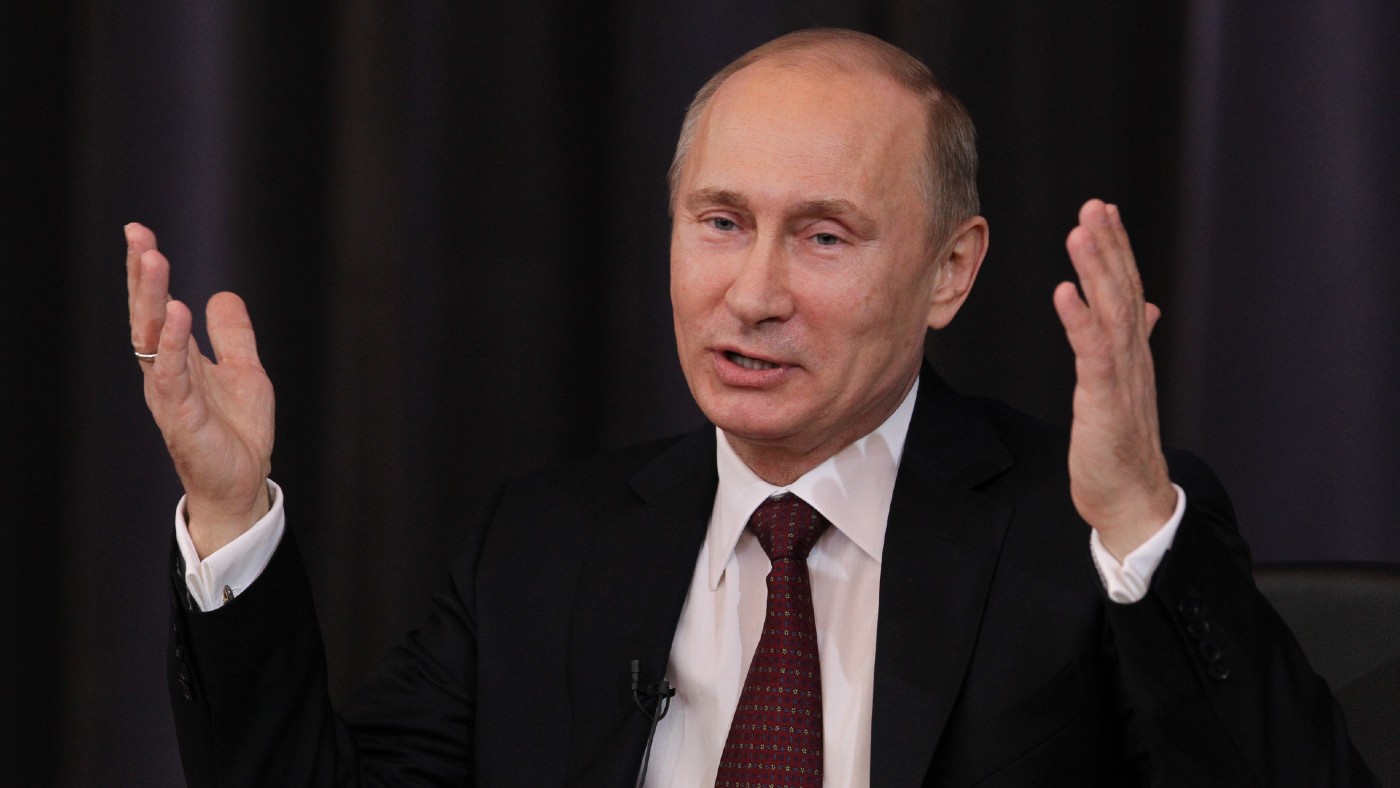
The autocrat
Over the years, Putin has consistently moved towards a greater consolidation of his own power.
In his first four years as president, his government took over or closed all independent national TV channels, established an unrivalled dominance of both houses of parliament, reasserted control over Russia’s huge energy industry and jailed or drove into exile defiant business tycoons, said Peter Baker in The Washington Post in 2004.
In 2008, Russian presidential terms were extended to six years by Dmitry Medvedev – described by CNN as Putin’s “hand-picked successor”. Putin had been barred from a third consecutive term as president by Russia’s constitution, but ran and won again in 2012 amid widespread allegations of vote-rigging.
In 2013, he signed a new law allowing regional legislatures to forgo elections and appoint governors from a list of candidates approved by him – an action described by critics as a setback for democracy.
The law rowed back on rules introduced the year before which enabled the country’s 83 regions to directly elect a regional governor, a move which had been sparked by “a wave of protests by Russians fed up with Putin’s dominance and demanding a stronger political voice”, said Reuters.
Last year, Putin signed a law that will allow him to run for the presidency twice more in his lifetime, potentially keeping him in office until 2036.
If he remains in office until then, his tenure will make him “the longest-serving Moscow leader since the Russian empire”, said The Guardian’s Moscow correspondent Andrew Roth.
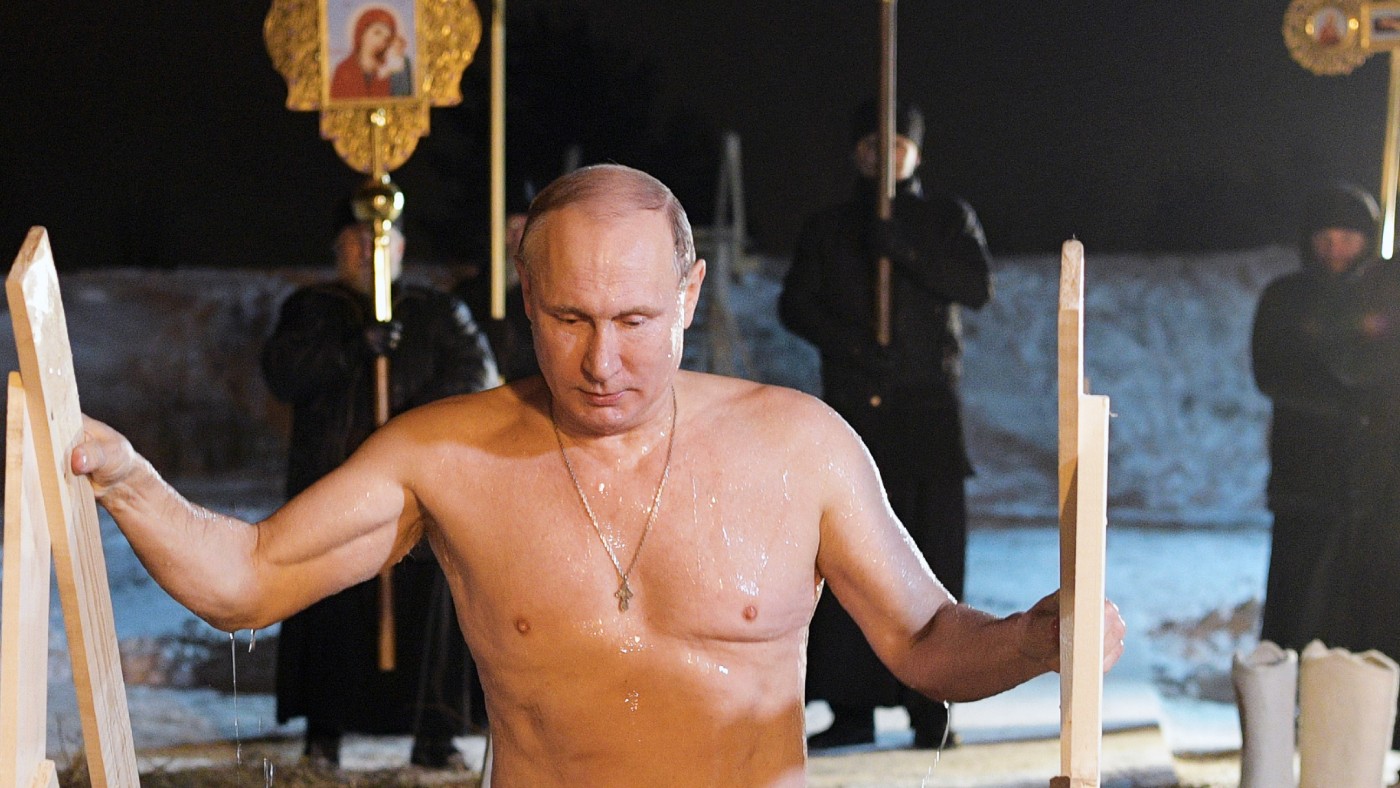
The macho image
Alongside Putin’s legislative consolidation of power, he has also developed what can be described as a cult of personality.
Russians are able to buy “T-shirts, mugs, knives, clocks, calendars and knickers all engraved with the bombastic leader’s image”, said The Independent’s former Moscow correspondent Oliver Carroll. “They show the fix-it-all crisis manager. The all-action hero. The defender of the nation – shirt optional.”
Publicity shots over the years have featured the Russian leader in macho stances: wandering around the Siberian wilderness, enjoying a shirtless fishing trip or taking a dip in an icy lake. In the Financial Times (FT), Gideon Rachman described him as “the patron saint of the world’s strongman leaders”.
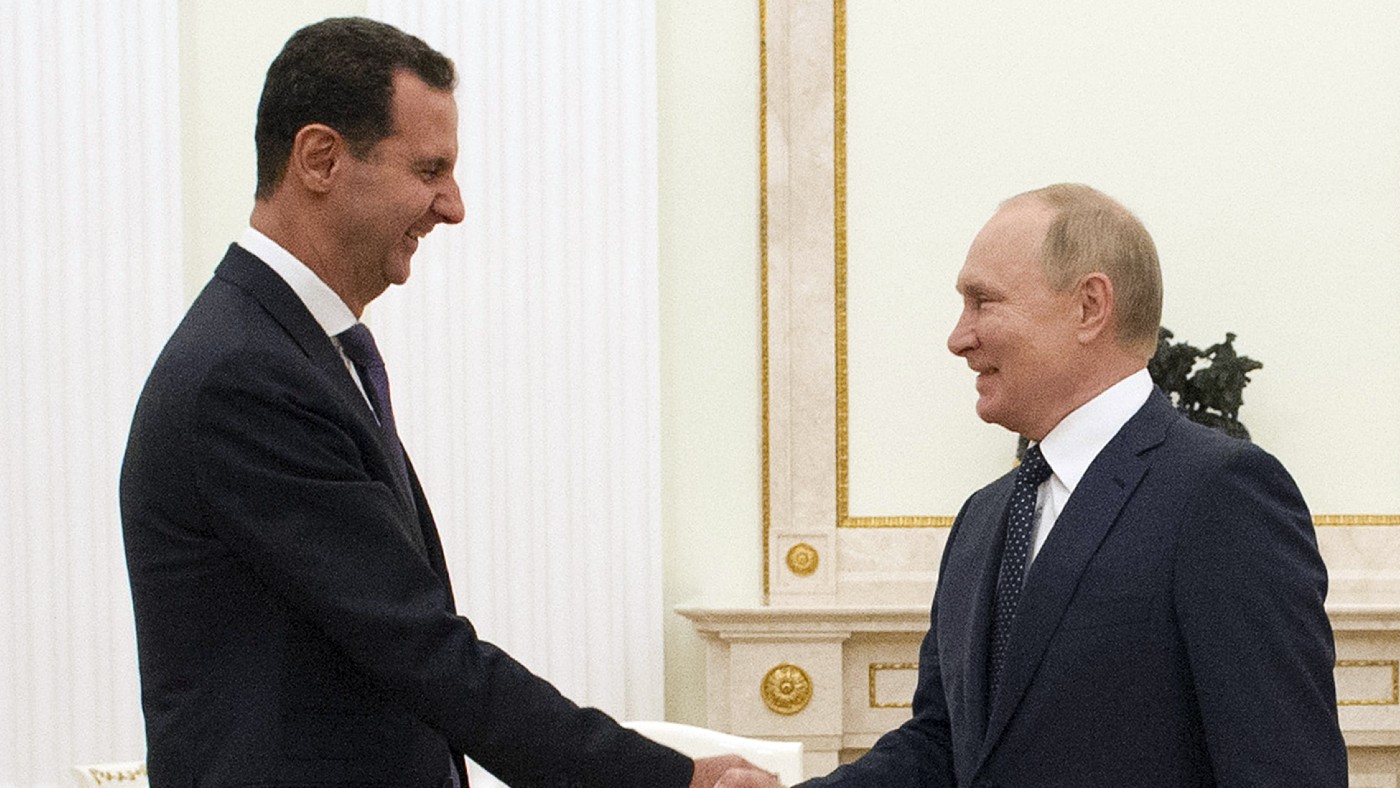
International powerbroker
In September 2015, Russia’s parliament approved a request by Putin to launch air strikes in Syria. “Within hours, the country’s first intervention in the Middle East in decades began,” said the BBC.
To many, Russia’s decision to intervene in the Syrian civil war was part of Putin’s strategy to re-establish Russia as a global power, specifically a player in the geopolitics of the Middle East.
“For Russia, being present on the global stage and defending what it considers as its backyard represent crucial steps to overcoming the humiliation that the country perceived that it suffered after the Soviet Union collapsed and the US was left as the sole global superpower,” said Agathe Demarais, global forecasting director at The Economist Intelligence Unit, in an interview with CNBC.
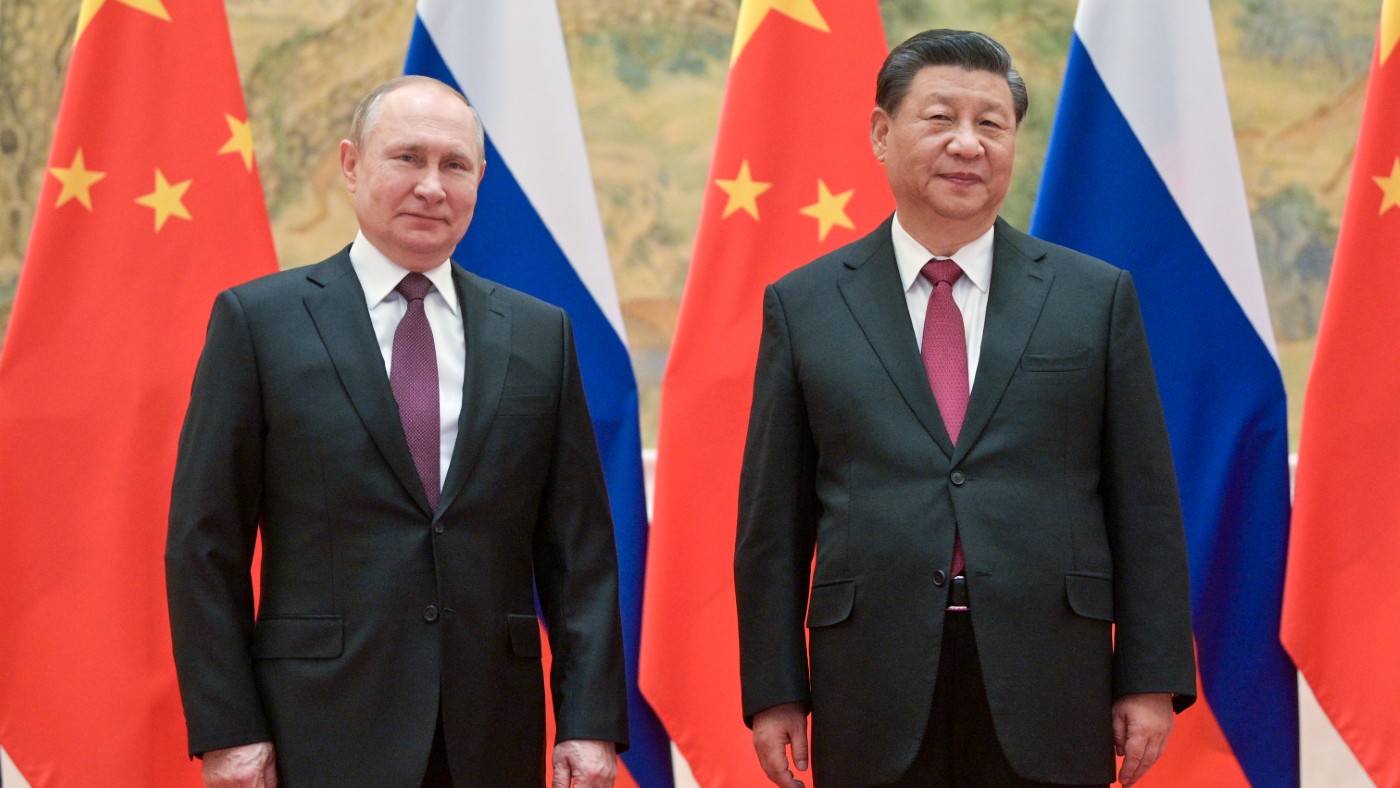
Friend of China
In recent years, Putin has shifted towards greater economic and military cooperation with Asian countries, “whose growing economies are hungry for Russia’s energy and whose governments are less judgmental of its human rights record”, said Roth in The Guardian.
Chinese leader Xi Jinping chose Moscow for his first foreign trip as president, where he was met in the Kremlin by an “honorary cavalry escort” – the first foreign guest to have such a reception. “Russian-Chinese relations are a very important factor in world politics,” said Putin at the start of the talks. “I am certain your visit… will give Russian-Chinese ties a new and powerful impulse.”
The annexation of the Crimean Peninsula from Ukraine in 2014 – and the Western sanctions that followed – “drove Moscow into China’s arms”, said Kathrin Hille and Leo Lewis in the FT. That same year, Russia brokered two deals to supply China with gas, one worth $400bn.
More recently, China and Russia staged a show of unity during the Winter Olympic Games in early February. President Xi Jinping and Putin met in Beijing where they reaffirmed their support for each other’s foreign policy – including Russia’s backing of China over Taiwan.
Putin has also built ties with North Korean dictator Kim Jong Un, even awarding Kim a medal in May 2020 due to his “great personal effort to preserve the memory of Soviet citizens” who lost their lives in North Korea.
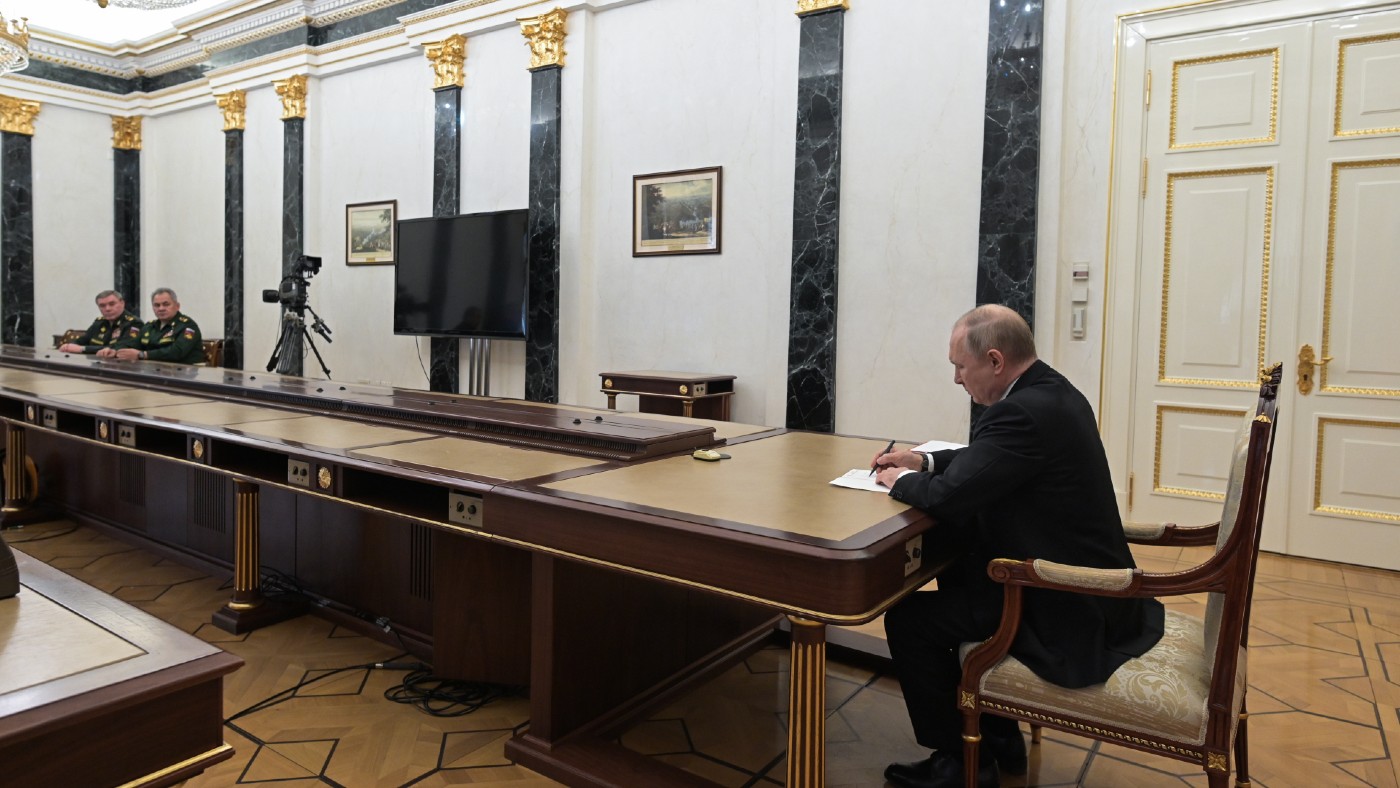
Warmonger in Europe
As Putin began amassing troops at Ukraine’s border late last year, with global leaders pleading with him to not start a war in Europe, his diplomatic style evolved from being measured and strategic to “newly aggressive, newly confrontational and newly rushed”, said US-Russia relations expert Michael Kimmage in an interview with CNN.
The Putin we are seeing right now is “issuing ultimatums, behaving rudely and acting as if he needs to get answers immediately, which is unusual for diplomacy in general and for Russian diplomacy in particular”, Kimmage continued.
Kimmage attributed Putin’s growing hunger for risk to various factors, including his frustration with the actions of Nato and the West, a sense of empowerment resulting from his relationship with China and his unwavering self-confidence.
A free daily email with the biggest news stories of the day – and the best features from TheWeek.com
Kate Samuelson is The Week's former newsletter editor. She was also a regular guest on award-winning podcast The Week Unwrapped. Kate's career as a journalist began on the MailOnline graduate training scheme, which involved stints as a reporter at the South West News Service's office in Cambridge and the Liverpool Echo. She moved from MailOnline to Time magazine's satellite office in London, where she covered current affairs and culture for both the print mag and website. Before joining The Week, Kate worked at ActionAid UK, where she led the planning and delivery of all content gathering trips, from Bangladesh to Brazil. She is passionate about women's rights and using her skills as a journalist to highlight underrepresented communities. Alongside her staff roles, Kate has written for various magazines and newspapers including Stylist, Metro.co.uk, The Guardian and the i news site. She is also the founder and editor of Cheapskate London, an award-winning weekly newsletter that curates the best free events with the aim of making the capital more accessible.
-
 The environmental cost of GLP-1s
The environmental cost of GLP-1sThe explainer Producing the drugs is a dirty process
-
 Greenland’s capital becomes ground zero for the country’s diplomatic straits
Greenland’s capital becomes ground zero for the country’s diplomatic straitsIN THE SPOTLIGHT A flurry of new consular activity in Nuuk shows how important Greenland has become to Europeans’ anxiety about American imperialism
-
 ‘This is something that happens all too often’
‘This is something that happens all too often’Instant Opinion Opinion, comment and editorials of the day
-
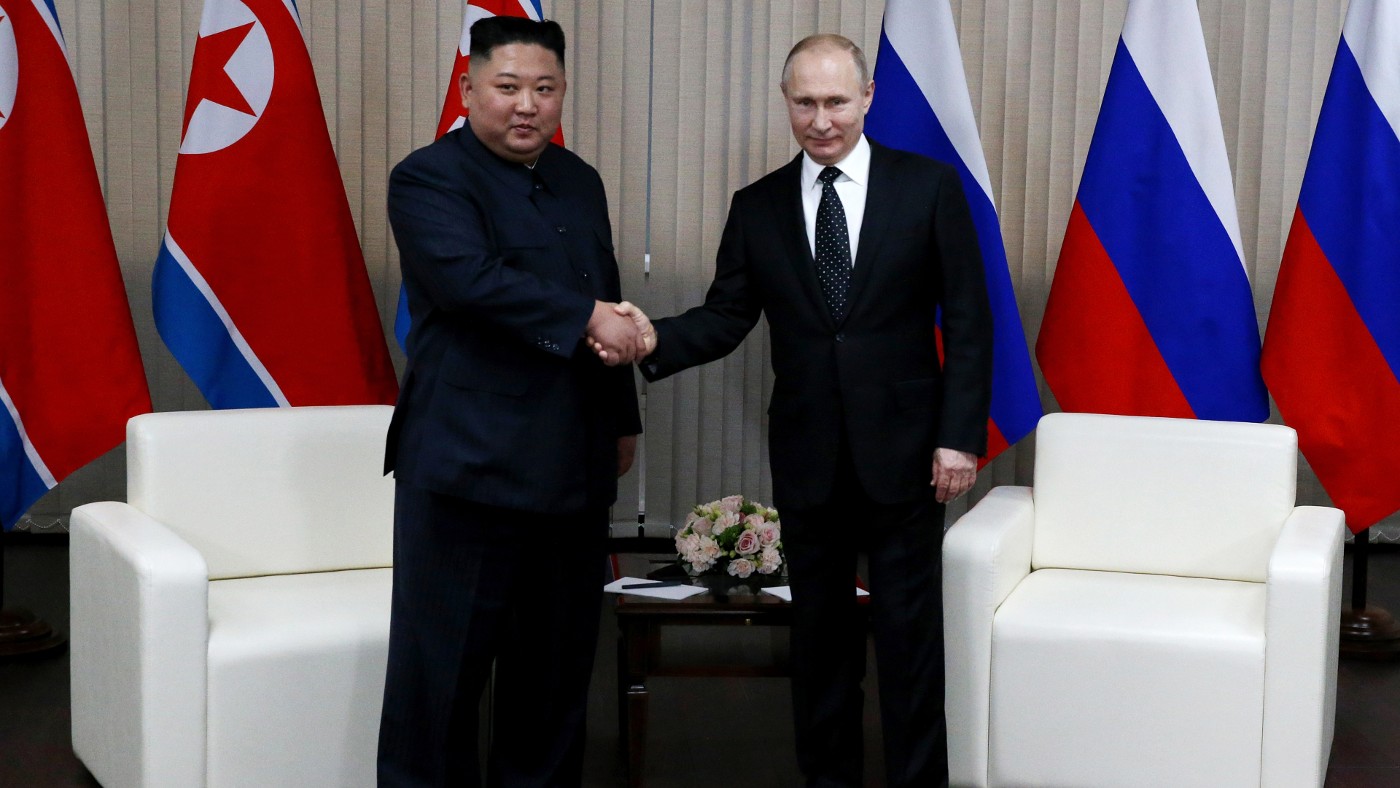 Would North Korean weapons tilt the war Russia’s way?
Would North Korean weapons tilt the war Russia’s way?Today's Big Question Putin wants to boost ‘depleted stocks’ but Pyongyang’s arms may be in poor condition
-
 Nobody seems surprised Wagner's Prigozhin died under suspicious circumstances
Nobody seems surprised Wagner's Prigozhin died under suspicious circumstancesSpeed Read
-
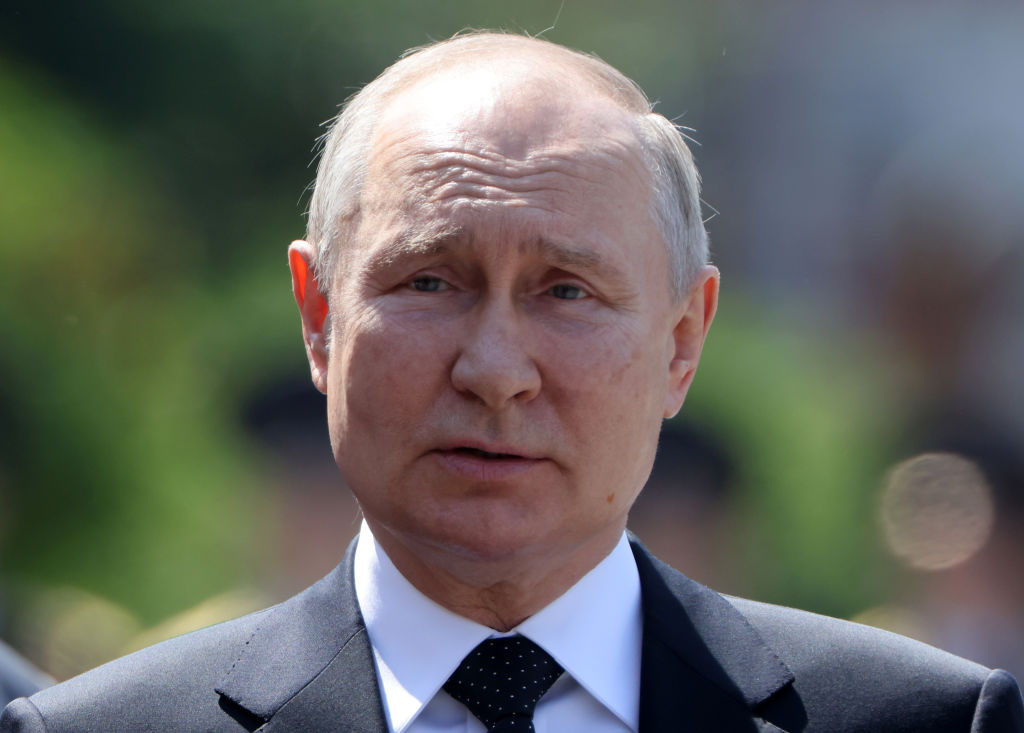 Putin's grip on power apparently damaged after Wagner mutiny
Putin's grip on power apparently damaged after Wagner mutinySpeed Read
-
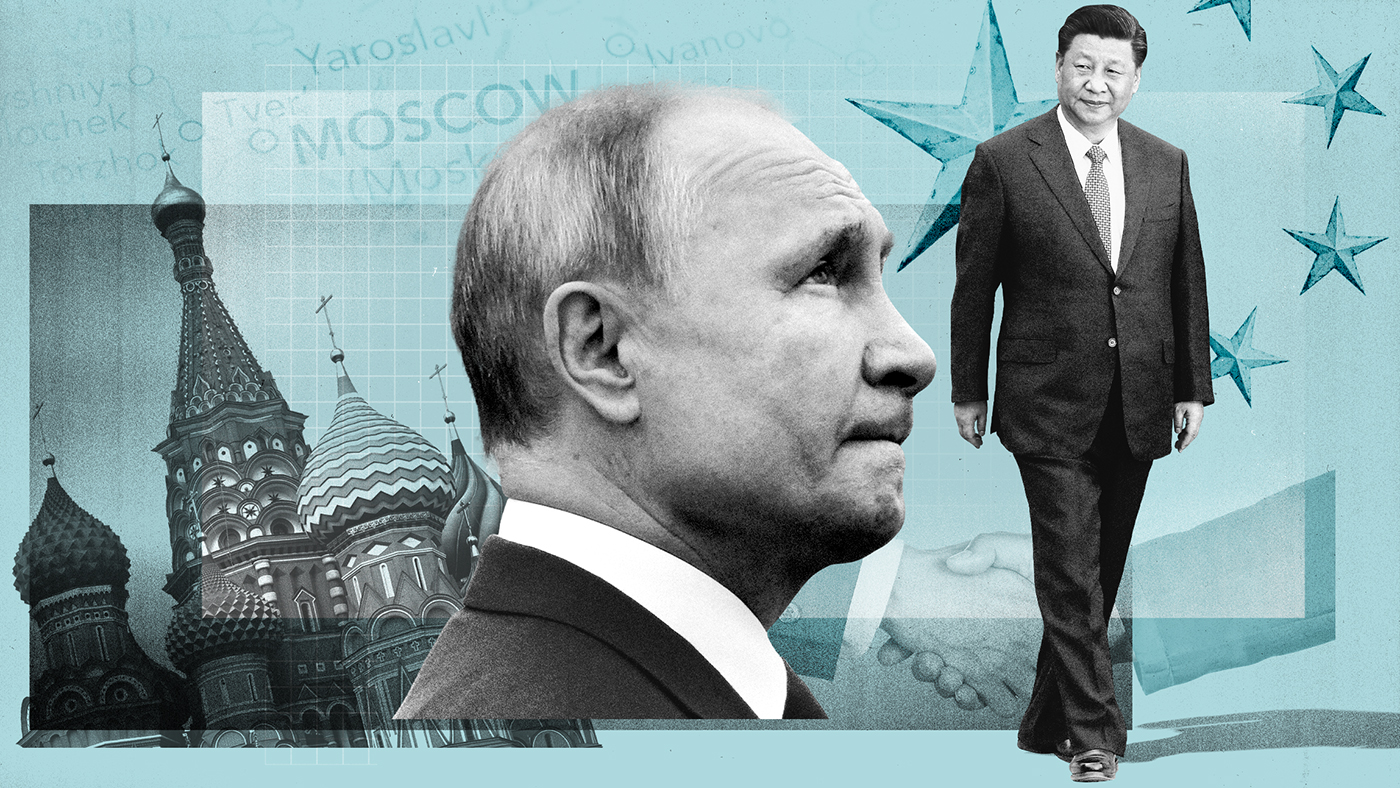 Is Russia a Chinese 'client state'?
Is Russia a Chinese 'client state'?Today's Big Question Reading between the lines of Xi and Putin's Moscow summit
-
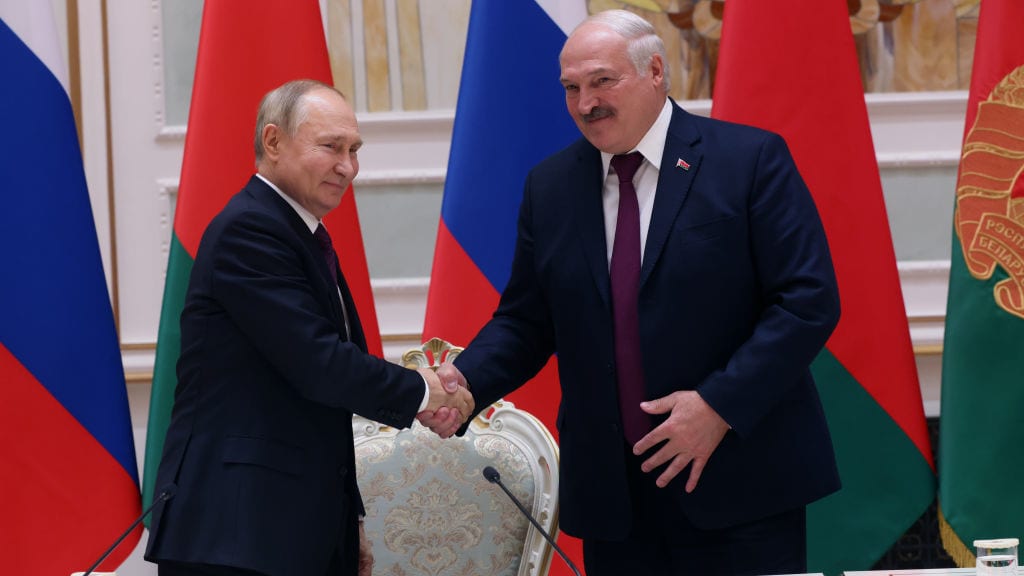 Putin, Lukashenko meet as Ukraine fears Moscow could launch offensive from Belarus
Putin, Lukashenko meet as Ukraine fears Moscow could launch offensive from BelarusSpeed Read
-
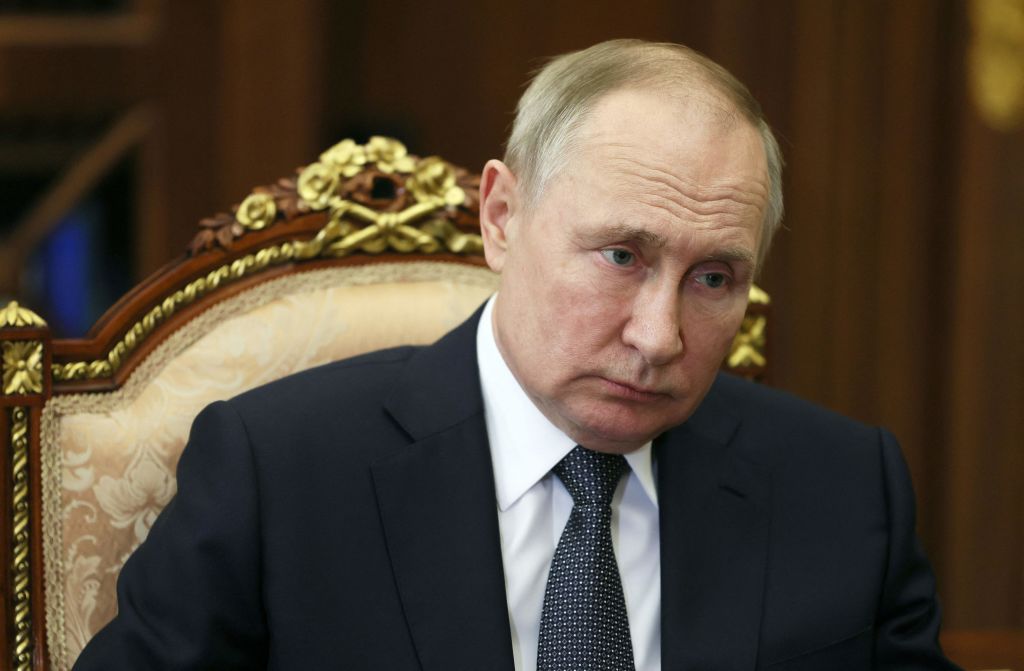 Vladimir Putin will skip annual year-end press conference for 1st time in a decade amid Ukraine setbacks
Vladimir Putin will skip annual year-end press conference for 1st time in a decade amid Ukraine setbacksSpeed Read
-
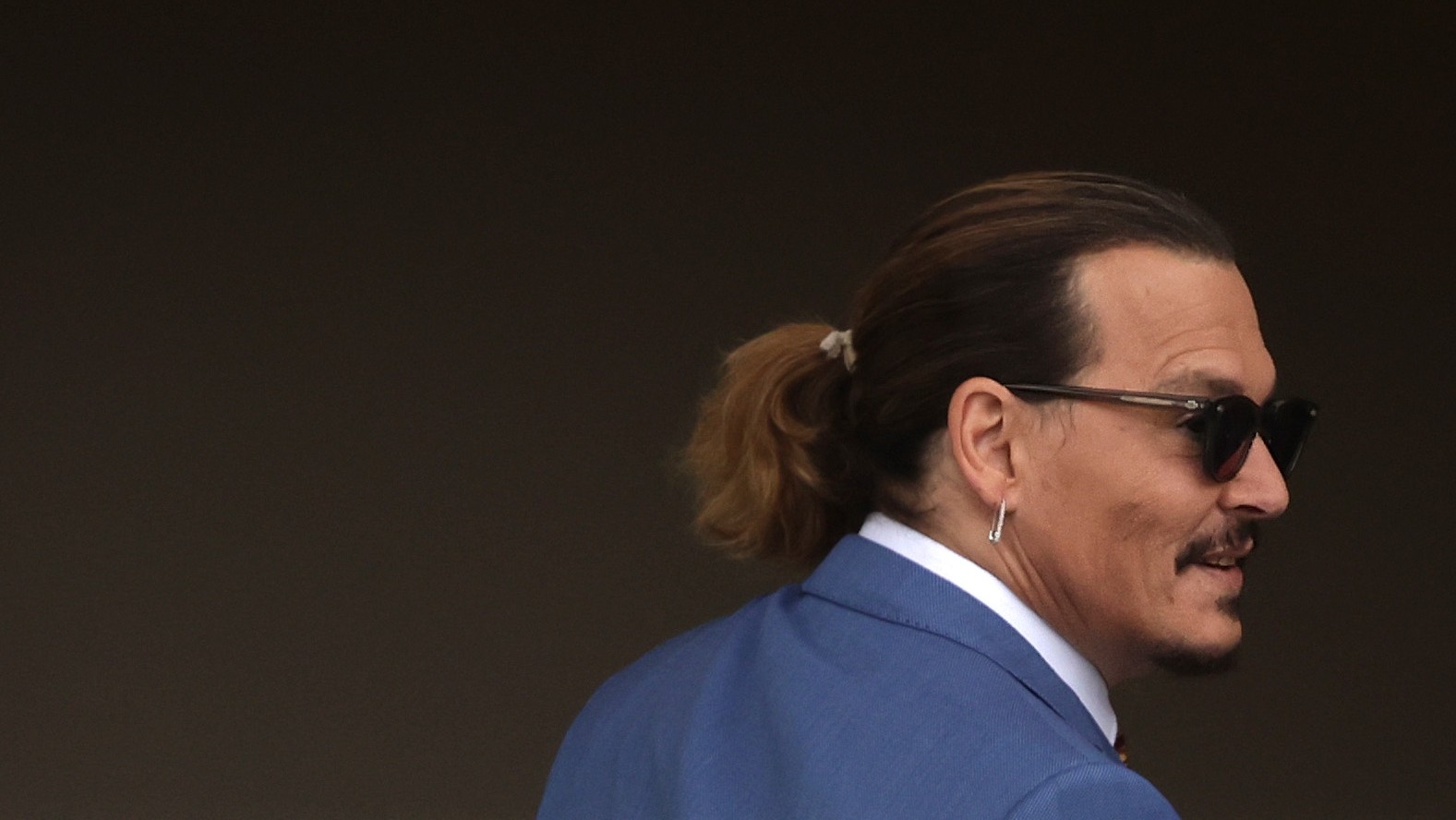 ‘It’s all gravy in Deppland’
‘It’s all gravy in Deppland’Instant Opinion Your digest of analysis from the British and international press
-
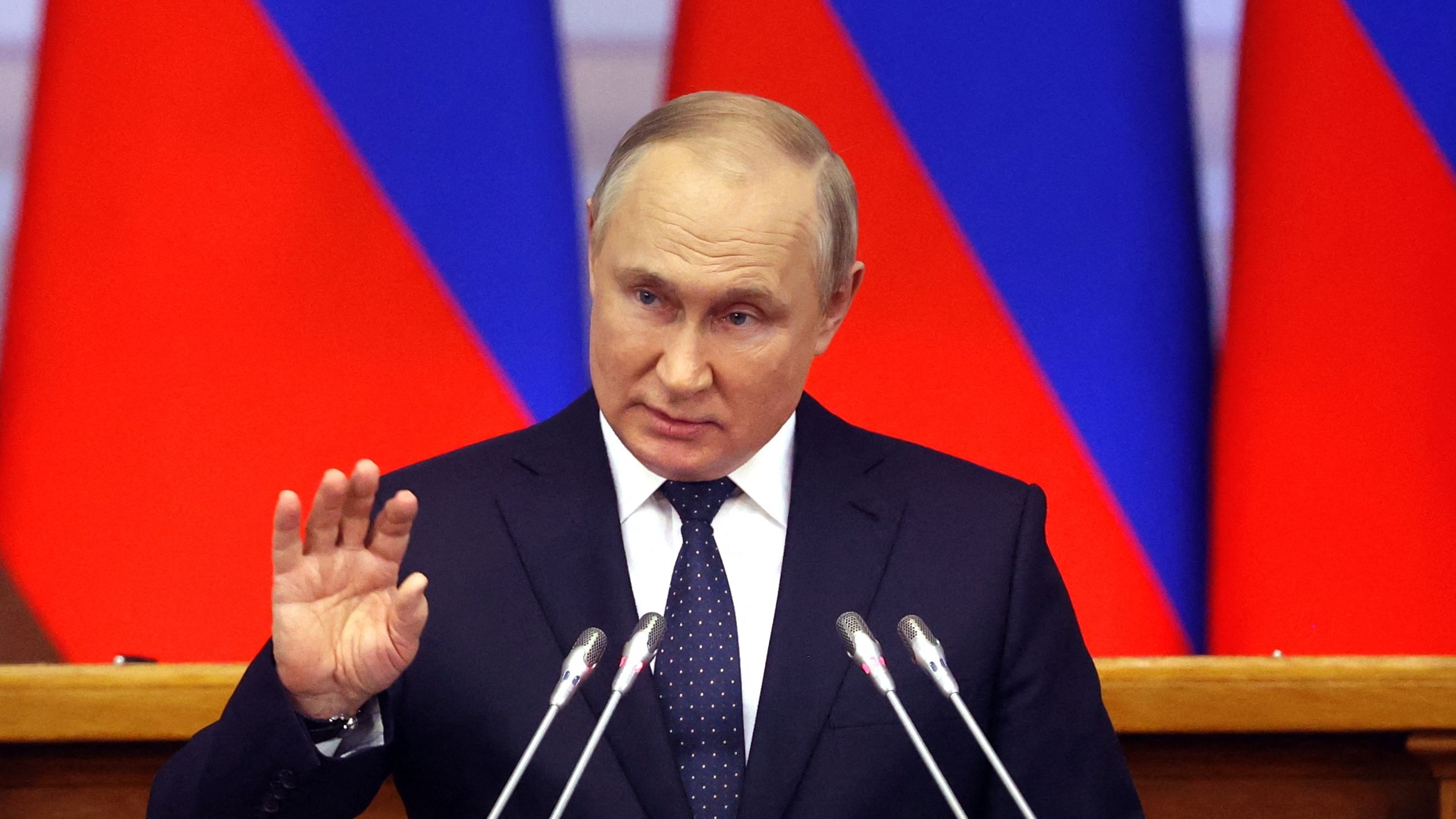 ‘Negotiation with Putin would be a moral disaster’
‘Negotiation with Putin would be a moral disaster’Instant Opinion Your digest of analysis from the British and international press